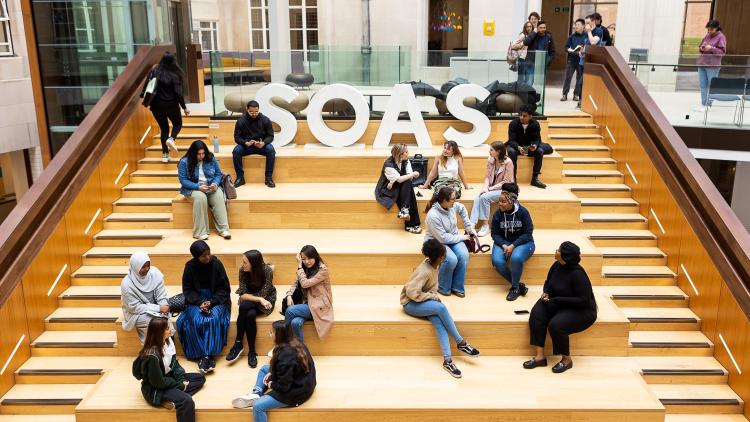Grievances of Indian garment workers highlight challenges in new labour codes, according to report


Illegal termination of employment and factory closures are at the heart of most industrial relations disputes in India, according to a recent study by the International Labour Organization on the country’s garment labour regime.
The researchers examined 75 disputes across three regional clusters, namely Gurugram, in the National Capital Region, Bengaluru in Karnataka, and Tiruppur in Tamil Nadu, with the view of mapping industrial relations and disputes in the Indian garment industry. The findings show that there are important contextual differences across the areas examined. In Bengaluru, sexual harassment is a key source of industrial grievances, which are not necessarily addressed by either old or new labour legislation as central to industrial relations.
In Tiruppur – and to an extent also in Gurugram – piece rate payments, where employers pay workers for the number of tasks performed or per unit of work completed, increase likelihood of wage theft and highlight the need to monitor overtime carefully. In Gurugram, industrial relations appear as the most tense and confrontational.
While the new labour codes enacted by the Indian Parliament in 2020 may hopefully reduce the length of industrial disputes, they do curtail the right to strike, and this is likely to have negative repercussions in the sector given which grievances emerge as successfully fought by workers.
The study also found the increase in contract migrant labour is likely to eliminate many of the potential benefits of the new labour codes and potentially undermine efforts towards a universal minimum wage. The study is the outcome of a 3-year project with the Rights Education and Development Centre (Erode, Tamil Nadu) and the International Labour Organization, led by Dr Alessandra Mezzadri, who is Reader in Development Studies at SOAS, and Rakhi Sehgal.
Dr Mezzadri said: “While the new labour codes enacted by the Indian Parliament in 2020 may hopefully reduce the length of industrial disputes, they do curtail the right to strike, and this is likely to have negative repercussions in the sector given which grievances emerge as successfully fought by workers.”
The complete study is available on the ILO website. The project was nationally coordinated by Rakhi Sehgal, and involved READ (Tiruppur), The Alternative Law Forum (Bengaluru) and A.R. Associates (ARA, New Delhi) and Gurgaon Shramik Kendra (GSK, Gurugram).
The industrial disputes collected for the scope of the project will be available for consultation in a digitised repository at the Archives of Indian Labour at the V.V. Giri Institute of Labour History in New Delhi, an initiative in collaboration with the Association of Indian Labour Historians.


